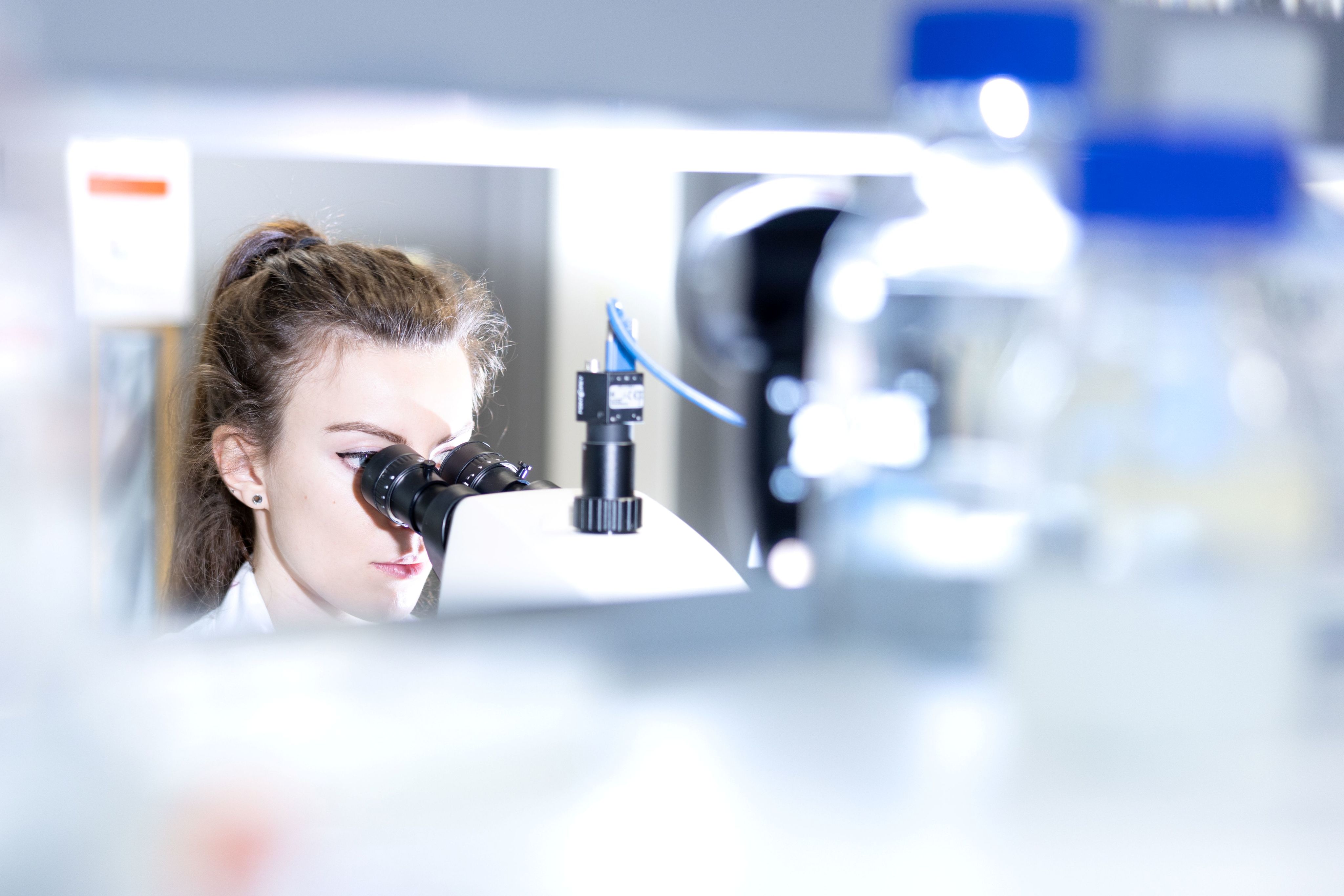Major role for Cambridge researchers in global initiative to fight infectious diseases
Cambridge team co-lead Wellcome Trust-funded international effort to scale-up low-cost sequencing of disease-causing pathogens

A low-cost genome sequencing technique used around the world during the COVID-19 pandemic is now being expanded to help track all pathogens, as part of a major international project supported by the Wellcome Trust.
Dr Jenny Molloy, Senior Research Associate at the Department of Chemical Engineering and Biotechnology (CEB), and Prof Ian Goodfellow at the Department of Pathology are co-Principal Investigators on the ARTIC 2.0 project, which aims to make genome sequencing more affordable and accessible, especially in low- and middle-income countries.
The initiative builds on approaches originally developed to detect COVID-19 variants, which were adopted by thousands of labs worldwide. ARTIC 2.0 will extend those methods to enable real-time surveillance of a broader range of pathogens, from endemic viruses to emerging threats.
Dr Molloy leads the Open Bioeconomy Lab at CEB, which develops open-source biotechnologies designed to be sustainable from the outset and usable in low-resource settings. Her team will collaborate with the Goodfellow Lab and with Dr Joshua Quick at the University of Birmingham to help refine laboratory protocols and low-cost equipment as part of the project, reducing reliance on expensive proprietary tools.
The goal is to bring the cost of sequencing down to under £10 per sample, using open methods and accessible hardware. That could make a huge difference to how – and where – pathogen sequencing is carried out, supporting faster public health responses around the world.
The project will also further develop the ‘lab-in-a-suitcase’ concept – a portable, field-ready sequencing setup designed for outbreak response in remote or resource-limited regions.
Led by the University of Birmingham, ARTIC 2.0 is an international collaboration with partners in the Democratic Republic of the Congo, Ghana and Kenya, and support from the Africa Centres for Disease Control and Prevention, the Asia Pathogen Genomics Initiative, and the WHO International Pathogen Surveillance Network.
Alongside the hardware and lab protocols, the team will also build Pathoplexus – a new data-sharing platform to improve how genomic data is used during outbreaks and ensure decision-makers can act on the most up-to-date evidence.
“COVID-19 showed just how powerful next-generation sequencing could be when it’s widely available,” said Dr Molloy. “It gave us a real-time window into how the virus was changing, helping shape treatments, vaccines, and public health responses.
“But the pandemic also highlighted the huge gaps in access to sequencing technology around the world, in part due to broken supply chains and global dependency on manufacturing in a small number of countries. ARTIC 2.0 is about making sure that affordable, high-quality sequencing isn’t just a short-term fix for one virus, but a lasting tool that can be used everywhere – from well-equipped labs to remote settings.
“By keeping the technology open-source and low-cost, and building capacity to locally manufacture critical reagents, we’re aiming to empower researchers in Africa and globally to detect and respond to infectious diseases faster and more effectively, wherever they arise.
“It’s fantastic to work alongside colleagues from so many countries, sharing expertise and perspectives. I’m really looking forward to continuing to build these partnerships and make sure that the supply chain for critical research on infectious disease is more resilient and pandemic-proof.”

